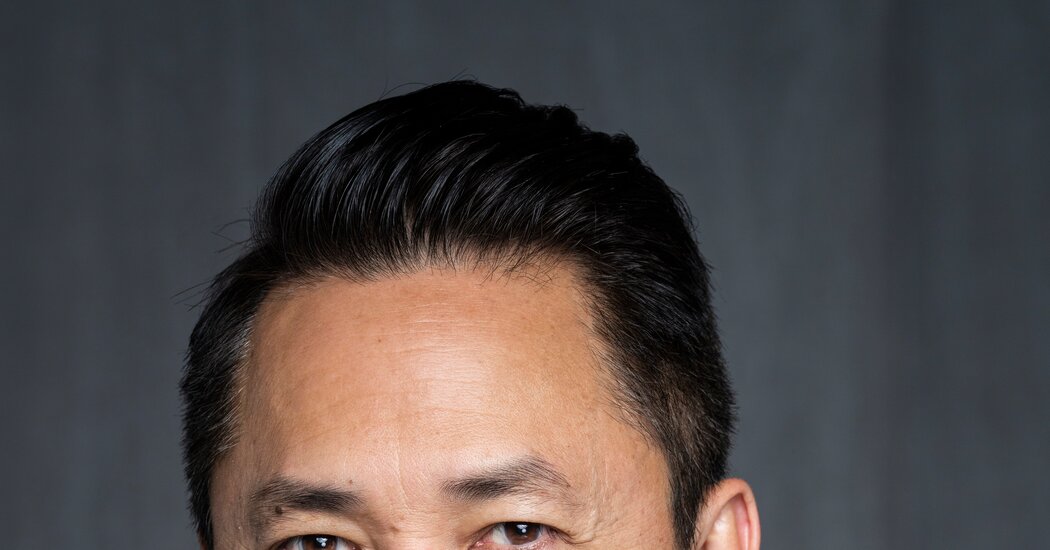A MAN OF TWO FACES: A Memoir, a History, a Memorial, by Viet Thanh Nguyen
“I am a spy, a sleeper, a spook, a man of two faces,” Viet Thanh Nguyen’s 2015 debut novel, “The Sympathizer,” begins. The unnamed narrator is a biracial, American-educated communist informant in the employ of a South Vietnamese general in the waning days of war. His twin faces — North and South, East and West, communist and nationalist, white and not — grant him the titular sympathy that is both a blessing and a curse. A “man of two minds,” he commiserates with his foes as easily as he deceives his friends.
This “tragicomic” (per the Book Review) “anti-immigrant saga” (per Nguyen) earned the author a Pulitzer Prize and a rank among what he calls America’s “literary proxies for the less powerful, ethnic representatives in the so-called culture wars over the nation’s past, present and future.”
Eight years, a sequel and a story collection later, Nguyen has written “A Man of Two Faces,” a second-person, stream-of-consciousness memoir of his coming-of-age in San Jose, Calif.; of the vestiges of a refugee experience he does not remember but sees imprinted on his mother, father and older brother, who do; of his academic career and his writing and his high school girlfriend and his current wife and his son and daughter and his thoughts about the refugee crisis and “AMERICA™” and Ukraine and George Floyd and “Apocalypse Now” and racial hierarchy and imperialism writ large.
It’s a lot of terrain to cover, and the stretches of impersonal polemic are just that — so unspecific they risk banality. About Donald Trump’s nicknames for Covid-19, Nguyen writes, “The Chinese virus or the Kung Flu takes aim at the Chinese, but to some, all Asians look the same.” On the myth of capitalist meritocracy: “As the model minority, you may have worked hard to get what you have, but so do all the people suddenly deemed essential workers in the age of the global plague. … Slave masters called enslaved people lazy even as they worked them to death.” These revelations offer little we don’t already know about the author, essential workers or slavery.


